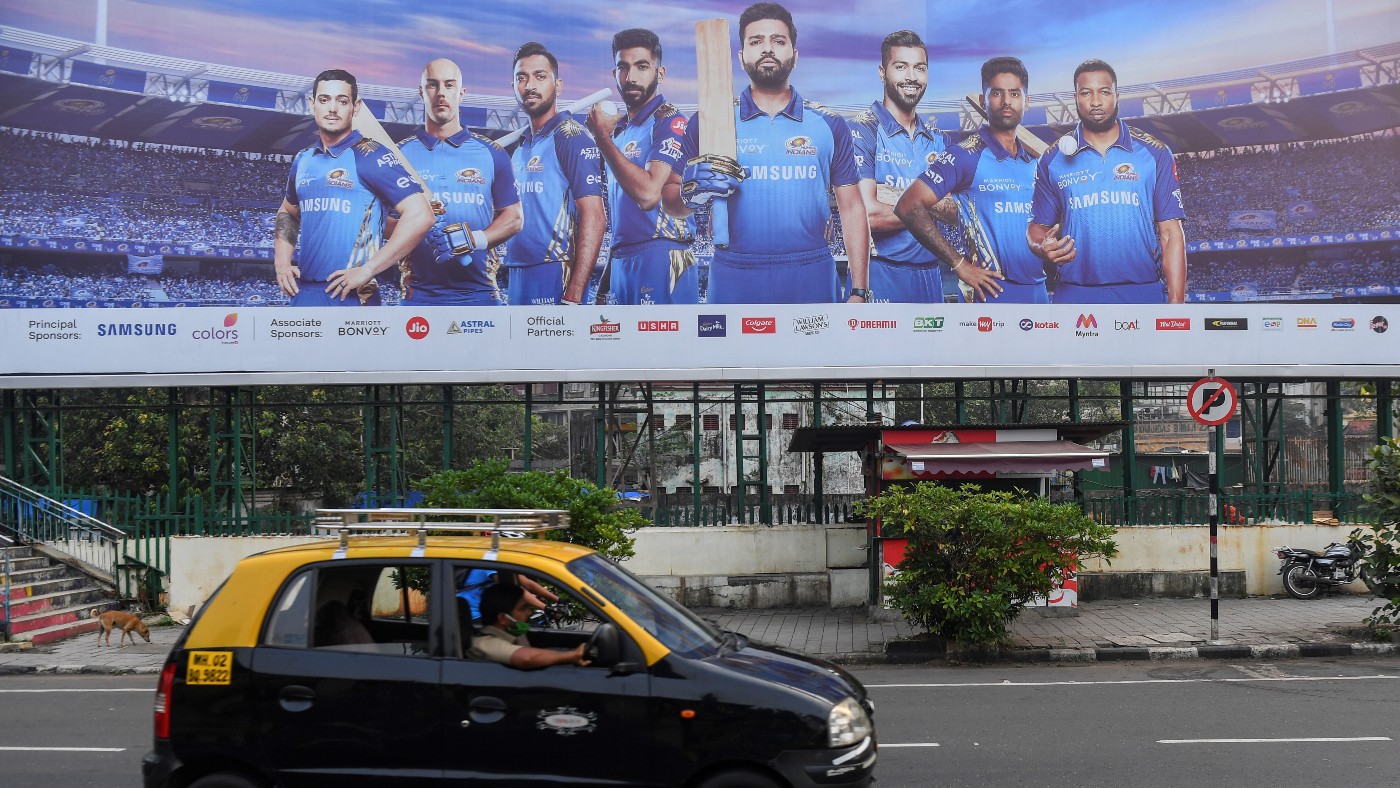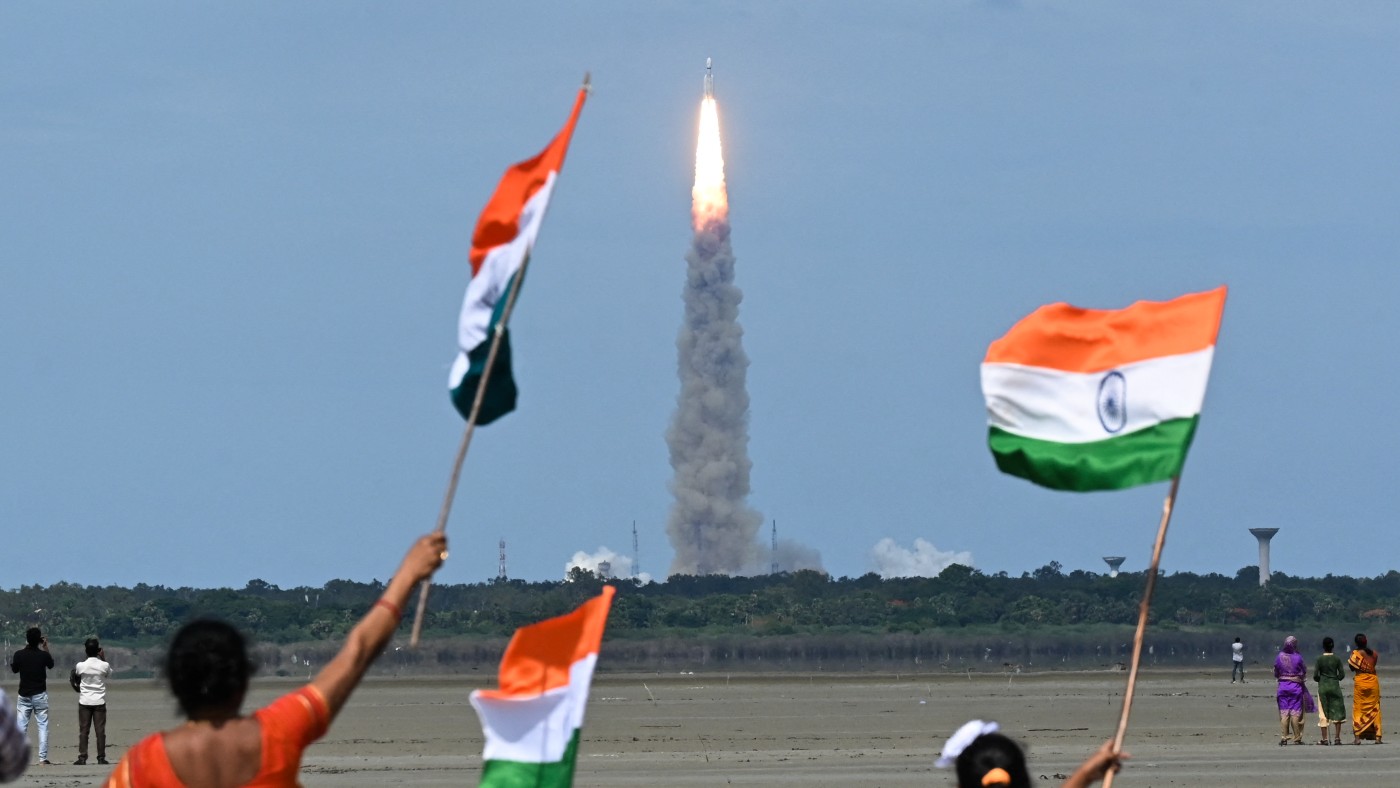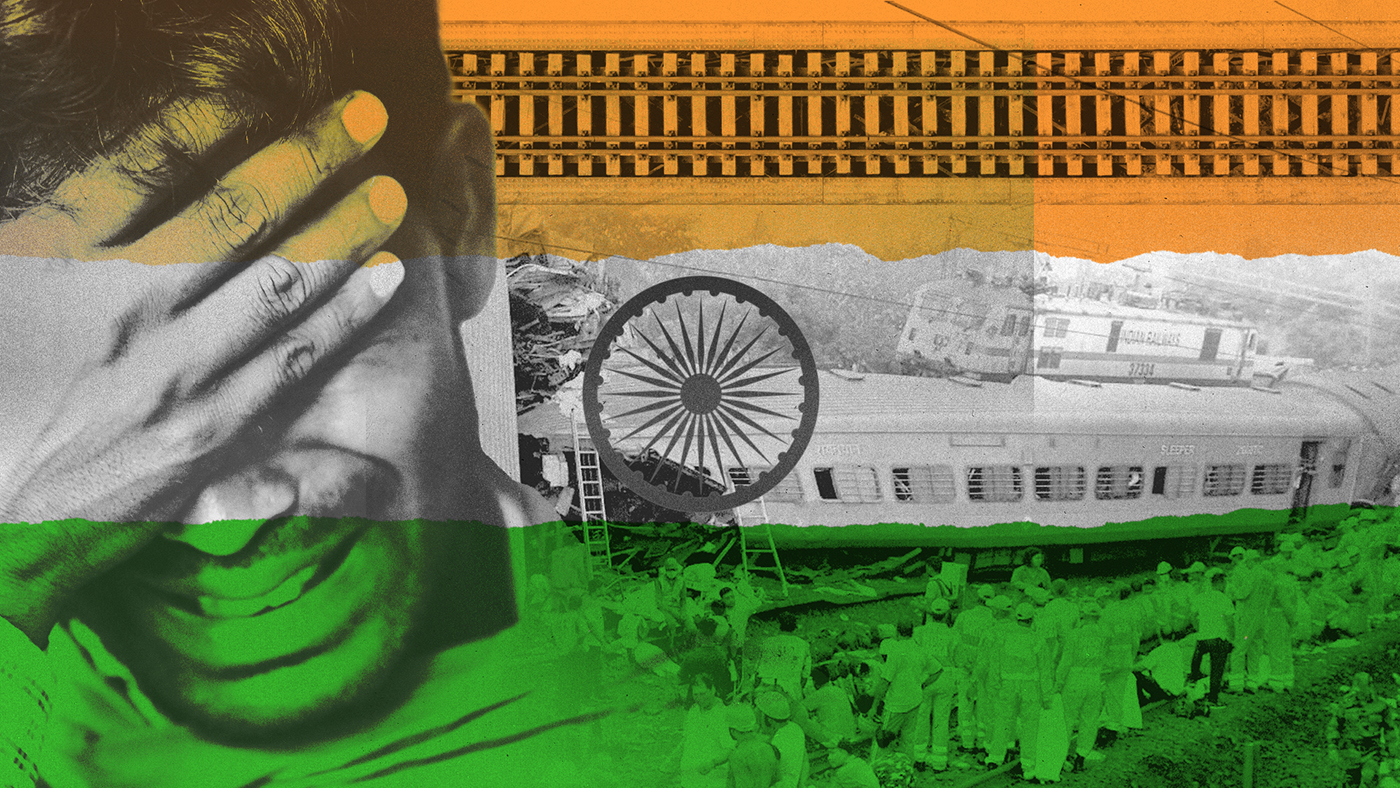Instant Opinion: ‘The battle for decency online’
Your guide to the best columns and commentary on Monday 16 March

A free daily email with the biggest news stories of the day – and the best features from TheWeek.com
You are now subscribed
Your newsletter sign-up was successful
The Week’s daily round-up highlights the five best opinion pieces from across the British and international media, with excerpts from each.
1. Libby Purves in The Times
on internet treachery
The Week
Escape your echo chamber. Get the facts behind the news, plus analysis from multiple perspectives.

Sign up for The Week's Free Newsletters
From our morning news briefing to a weekly Good News Newsletter, get the best of The Week delivered directly to your inbox.
From our morning news briefing to a weekly Good News Newsletter, get the best of The Week delivered directly to your inbox.
Every click counts in battle for decency online
“The world wide web came into an imperfect world and was bound to turn out to be, at times, a warped child of its ancient misogyny. Twenty minutes on social media will make that clear, from mansplaining patronage to virtual MeToo. Well-connected professional women in the West, old enough to know how to bat off harassment ourselves, should not ignore the real malevolences which [web inventor Tim Berners-Lee] points out. How to rebalance it is up to campaigners like him, to governments, to vocal global women’s rights movements and to the big tech players at last being challenged to clean up their sites. But it is also up to all of us who use it: every click counts, every misogyny needs challenging.”
2. Payal Dhar in The Independent
on violence in India
A free daily email with the biggest news stories of the day – and the best features from TheWeek.com
The betrayal felt in the still-recovering areas hit by the Delhi riots makes coronavirus more of a threat
“In some of the worst-affected areas, survivors are trickling back. But the stench of burning still lingers in the lanes, and even those who have lived here for two decades don’t yet feel safe enough to stay the night. During and in the aftermath of the violence – I believe pogrom is the right word, given that the police looked on as Muslims were attacked, and some even allegedly joined in the violence – an ad hoc and decentralised citizen-led relief network emerged, taking the lead in rescuing people in distress (a court order was needed to let ambulances through during the worst of the violence), providing immediate relief, and now helping survivors get back on their feet.”
3. Tim Wu in The New York Times
on a quid pro quo
Don’t feel sorry for the airlines
“The United States economy needs an airline industry to function. The industry is in that sense not a ‘normal’ industry, but rather what was once called a common carrier or a public utility: a critical infrastructure on which the rest of the economy relies. The major airlines know that unlike a local restaurant, they will never be allowed, collectively, to fail completely. In practice, the public has subsidized the industry by providing de facto insurance against hard times in the form of bailouts or merger approvals. And now here we go again. We cannot permit American and other airlines to use federal assistance, whether labeled a bailout or not, to weather the coronavirus crisis and then return to business as usual. Before providing any loan relief, tax breaks or cash transfers, we must demand that the airlines change how they treat their customers and employees and make basic changes in industry ownership structure.”
–––––––––––––––––––––––––––––––For a weekly round-up of the best articles and columns from the UK and abroad, try The Week magazine. Start your trial subscription today –––––––––––––––––––––––––––––––
4. Nick Timothy in The Daily Telegraph
on life beyond the market
There is an alternative to broken Western liberalism
“Because oppressive discourses work to favour those at the top of exploitative hierarchies, we should not simply remove the hierarchy but penalise those who subjugate others. Equal political rights are therefore not enough: because historically power lay with white men, today whiteness and masculinity must be attacked. Because we do not understand how our social roles are constructed, we do not understand the meaning of even our own words. Those who hear us – particularly if they are members of marginalised groups – understand better than we do the true meaning of what we say. Because discourse is itself a form of violence, free speech is no longer sacrosanct, and it is legitimate to meet violent language with violent direct action.”
5. Angelina Chapin in HuffPost
on literary revisionism
Would Lolita Have Said ‘Me Too’?
“One of the most frustrating aspects of Vladimir Nabokov’s novel ‘Lolita’ is that the reader never hears from the title character. The story is told entirely from the perspective of Humbert Humbert, a man in his late 30s who kidnaps and repeatedly rapes his 12-year-old stepdaughter. He’s an unreliable narrator who sees himself as a slave to Lolita’s seductive powers. Humbert describes Lolita, whose real name is Dolores Haze, as playful and flirtatious, but she also cries at night and eventually runs away from him. She’s a complicated survivor, and we don’t know what Lolita thinks of her abuser or to what extent she considers herself a victim.”
-
 The ‘ravenous’ demand for Cornish minerals
The ‘ravenous’ demand for Cornish mineralsUnder the Radar Growing need for critical minerals to power tech has intensified ‘appetite’ for lithium, which could be a ‘huge boon’ for local economy
-
 Why are election experts taking Trump’s midterm threats seriously?
Why are election experts taking Trump’s midterm threats seriously?IN THE SPOTLIGHT As the president muses about polling place deployments and a centralized electoral system aimed at one-party control, lawmakers are taking this administration at its word
-
 ‘Restaurateurs have become millionaires’
‘Restaurateurs have become millionaires’Instant Opinion Opinion, comment and editorials of the day
-
 Pope aide under fire for 'mystical orgasms' book
Pope aide under fire for 'mystical orgasms' bookTall Tales And other stories from the stranger side of life
-
 Thieves who stole shopping bag in for big disappointment
Thieves who stole shopping bag in for big disappointmentTall Tales And other stories from the stranger side of life
-
 Woman has one in 50 million pregnancy
Woman has one in 50 million pregnancyTall Tales And other stories from the stranger side of life
-
 The spiralling global rice crisis
The spiralling global rice crisisfeature India’s decision to ban exports is starting to have a domino effect around the world
-
 The sinister side to India’s fantasy gaming craze
The sinister side to India’s fantasy gaming crazefeature Fantasy gaming is booming in India, despite the country's ban on gambling
-
 India hoping to be fourth country to reach Moon after Chandrayaan-3 launch
India hoping to be fourth country to reach Moon after Chandrayaan-3 launchSpeed Read Rocket aiming to set its lander Vikram down near Moon’s little-explored south pole
-
 Why does India have so many train crashes?
Why does India have so many train crashes?Today's Big Question The deadly Odisha crash is the latest in a string of rail accidents in the country
-
 More than 260 killed and 900 injured in Indian train crash
More than 260 killed and 900 injured in Indian train crashSpeed Read